The most common allergens include pollen, dust mites, pet dander, mold spores, certain foods (such as peanuts, tree nuts, shellfish, eggs, milk, wheat, and soy), insect venom, and certain medications.

12/05/2023

Welcome to our comprehensive guide on allergies. Allergies are a common condition that affects millions of people worldwide. In this article, we will simplify the topic of allergies, discussing their types, causes, symptoms, diagnosis, management, and prevention. Whether you're dealing with seasonal allergies or food allergies, this guide aims to provide you with valuable insights and practical tips to help you better understand and navigate the world of allergies.
( Unlock a free expert doctor consultation here... )
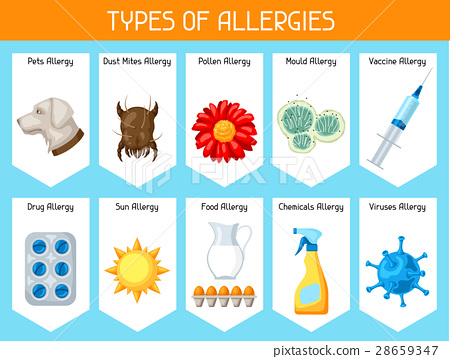
( Unlock a free expert doctor consultation here... )
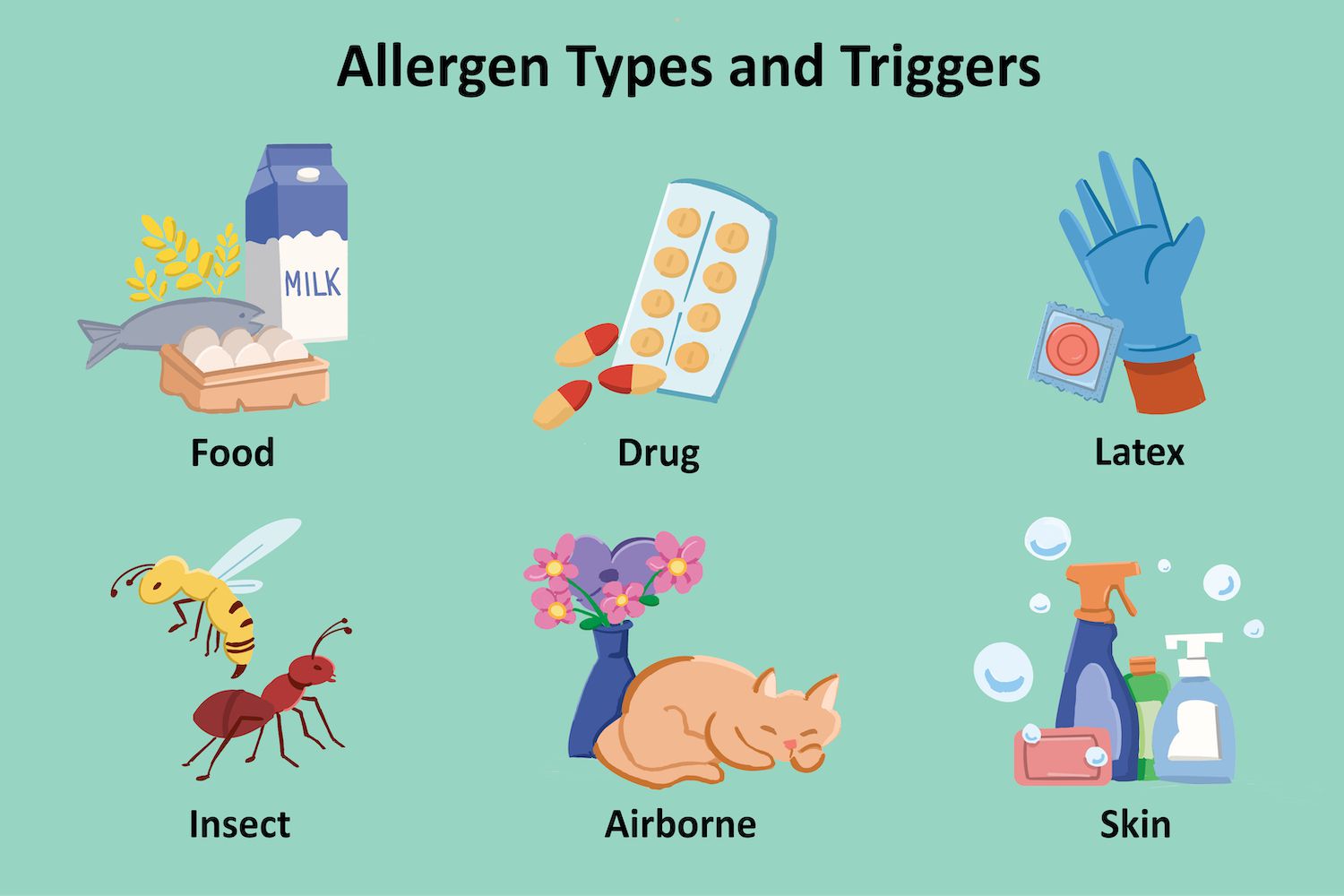
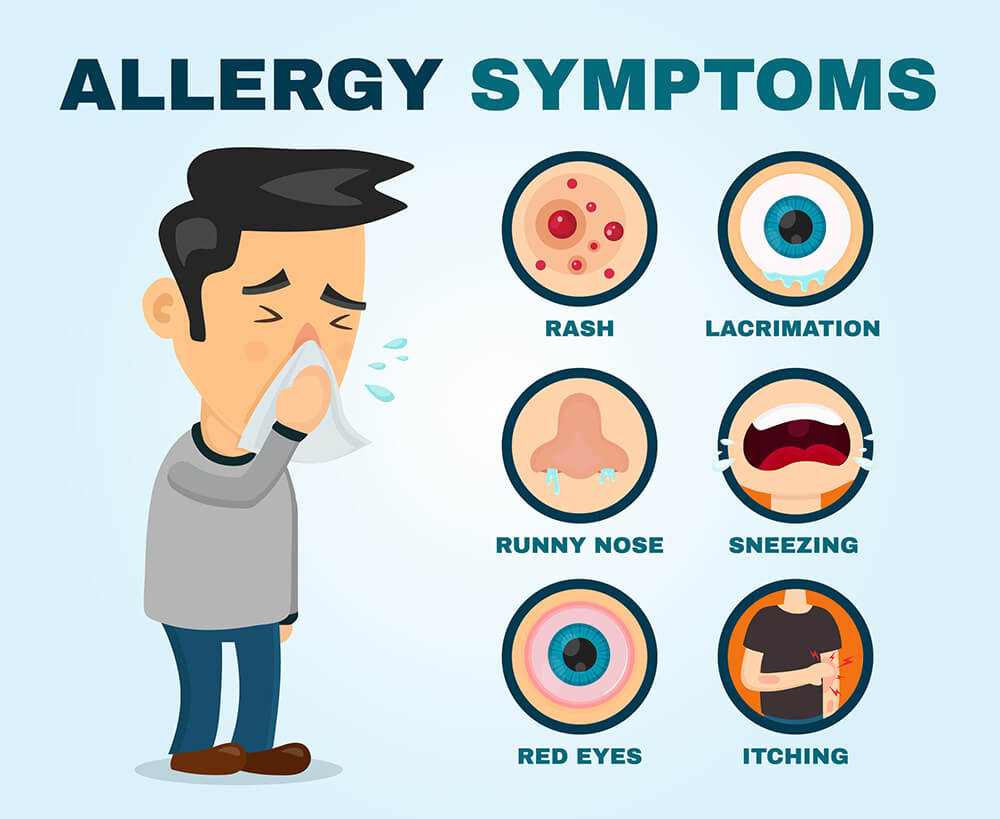
( Unlock a free expert doctor consultation here... )

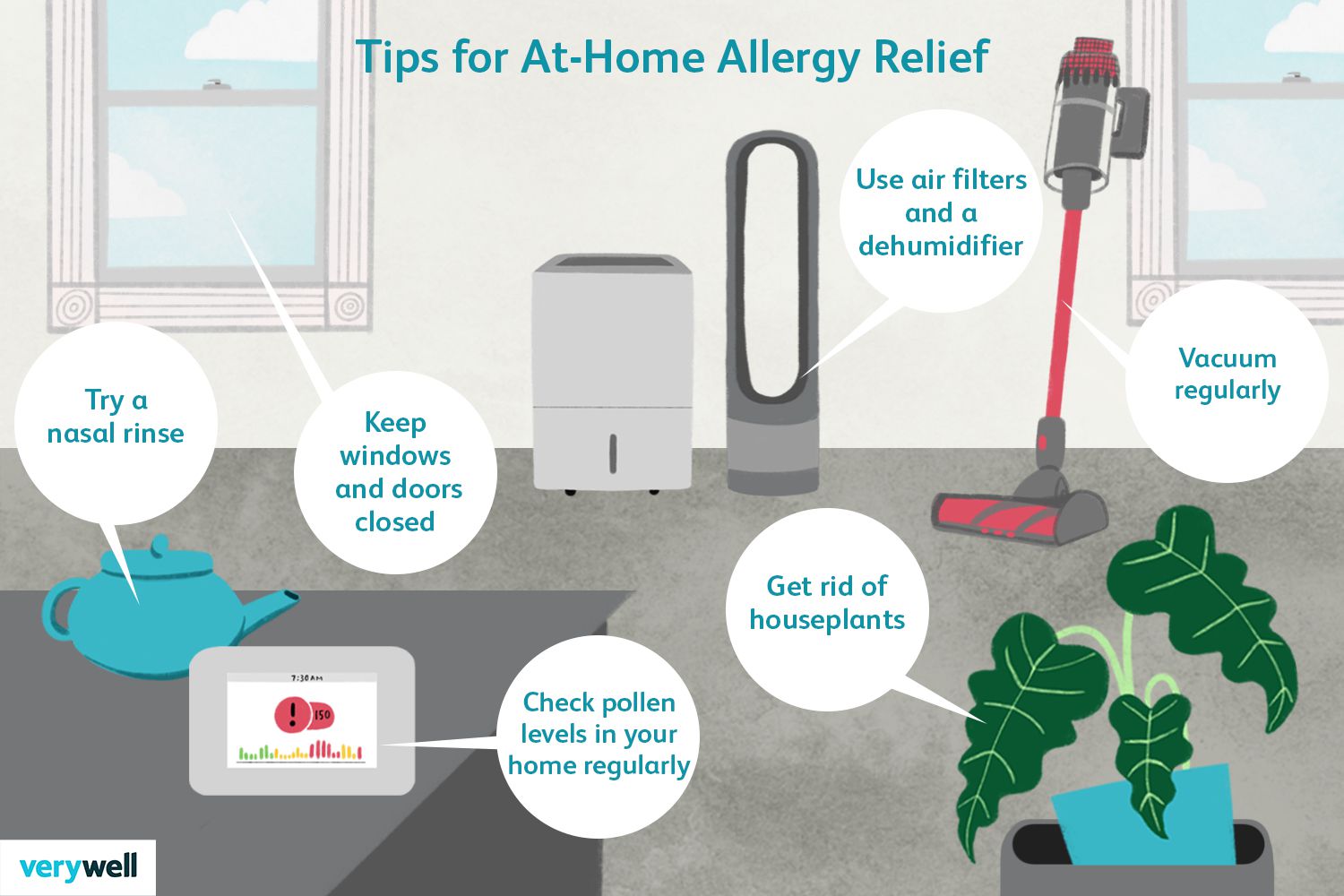
( Unlock a free expert doctor consultation here... )
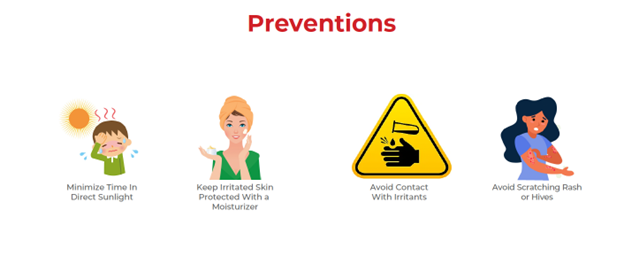
( Unlock a free expert doctor consultation here... )
The most common allergens include pollen, dust mites, pet dander, mold spores, certain foods (such as peanuts, tree nuts, shellfish, eggs, milk, wheat, and soy), insect venom, and certain medications.
Yes, allergies can develop at any age, even if you have never experienced allergies before. It is possible for individuals to develop allergies later in life due to changes in the immune system or exposure to new allergens.
The duration of allergy symptoms can vary depending on the type of allergy and individual factors. Some symptoms may be short-lived and resolve within a few hours or days, while others may persist for weeks or longer, especially in chronic allergic conditions.
Allergies cannot be cured, but their symptoms can be effectively managed. Treatment options focus on reducing symptoms, avoiding allergens, and controlling allergic reactions to improve quality of life
Yes, there is a close association between allergies and asthma. Allergic reactions can trigger asthma symptoms in susceptible individuals, leading to allergic asthma. Managing allergies can help reduce the frequency and severity of asthma attacks.
In conclusion, allergies are a common condition that can significantly impact an individual's quality of life. Understanding the different types of allergies, their causes, symptoms, and management strategies is crucial in effectively dealing with allergies. By following proper prevention measures, seeking an accurate diagnosis, and adopting appropriate treatment options, individuals with allergies can lead a healthier and more comfortable life. Remember to consult with a healthcare professional for personalized advice and guidance tailored to your specific allergies.